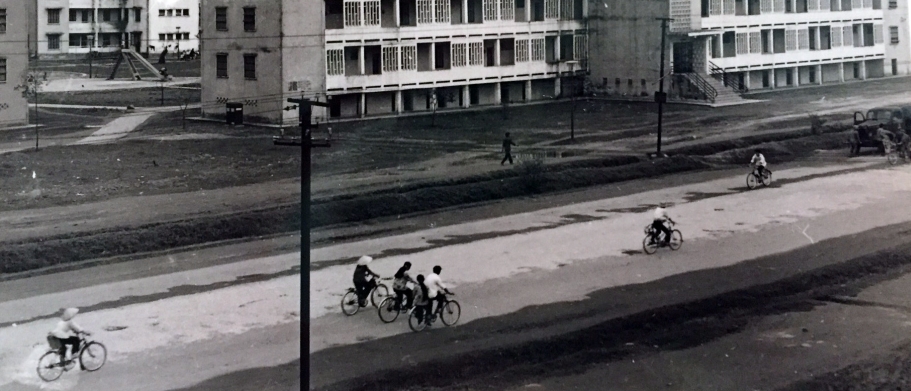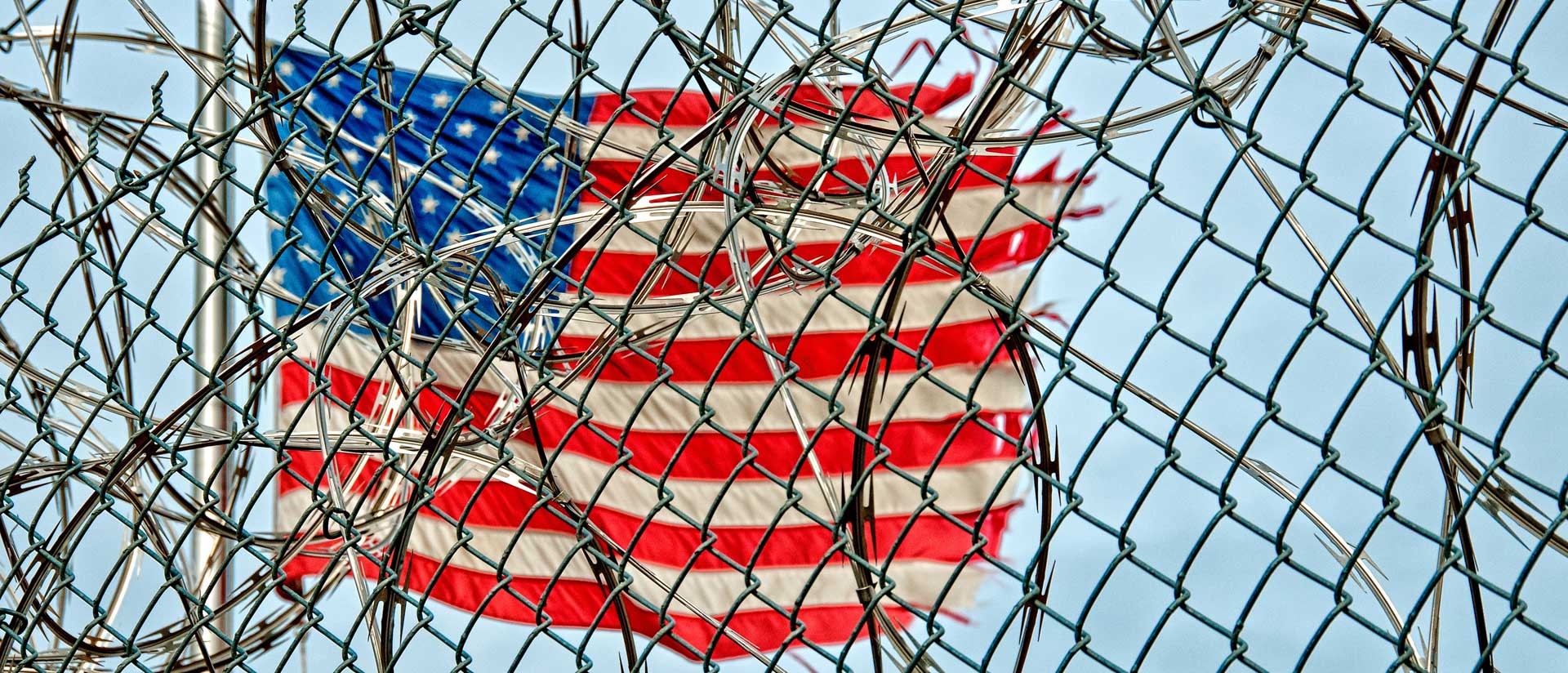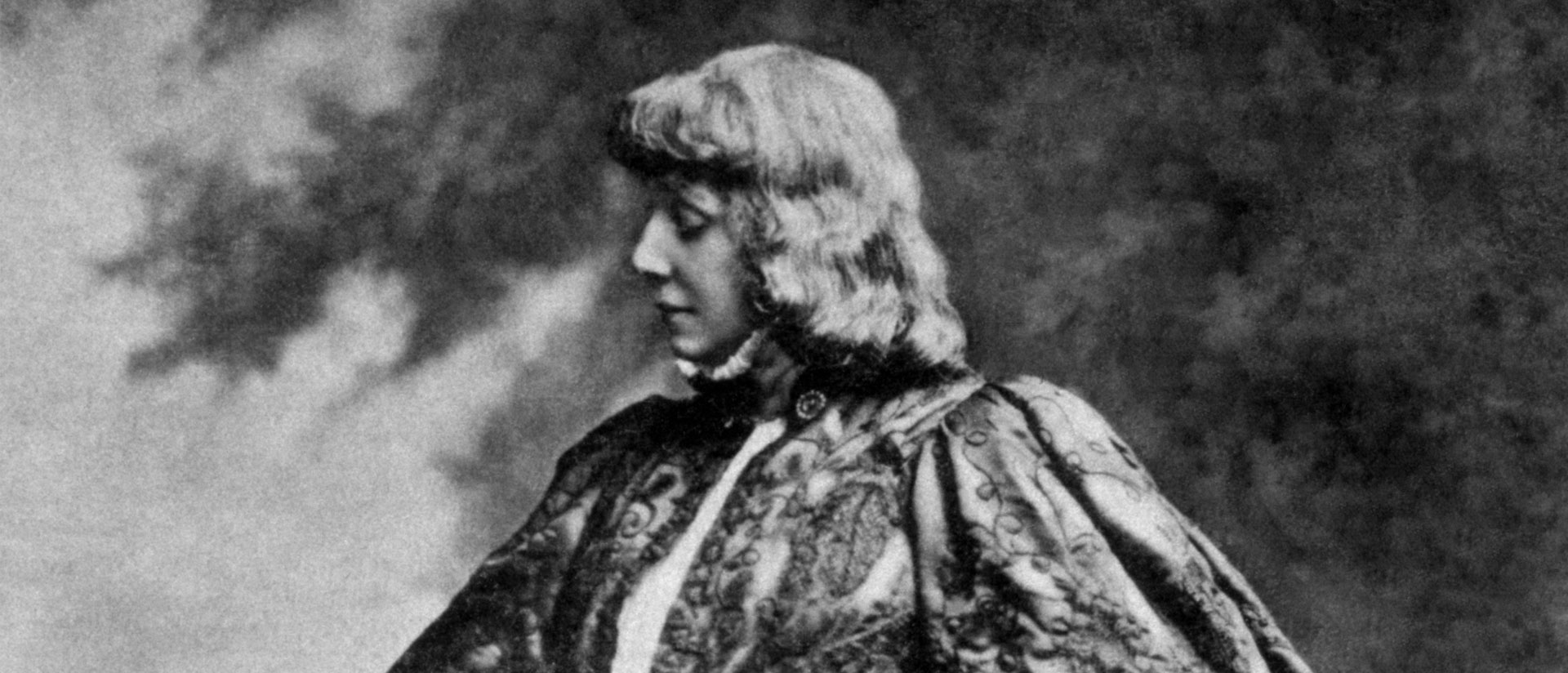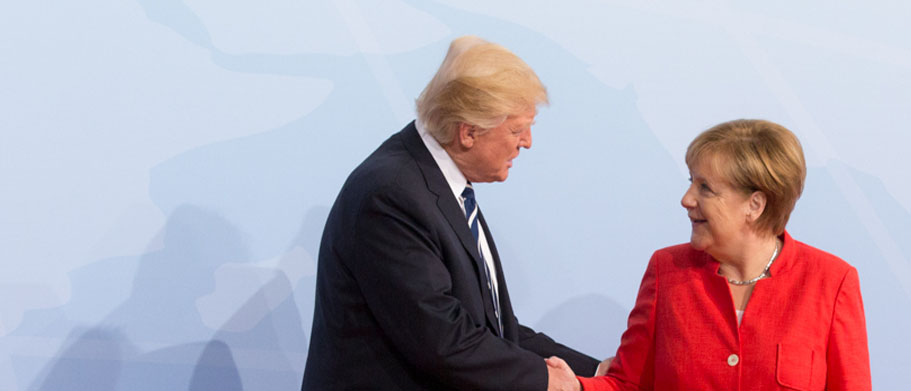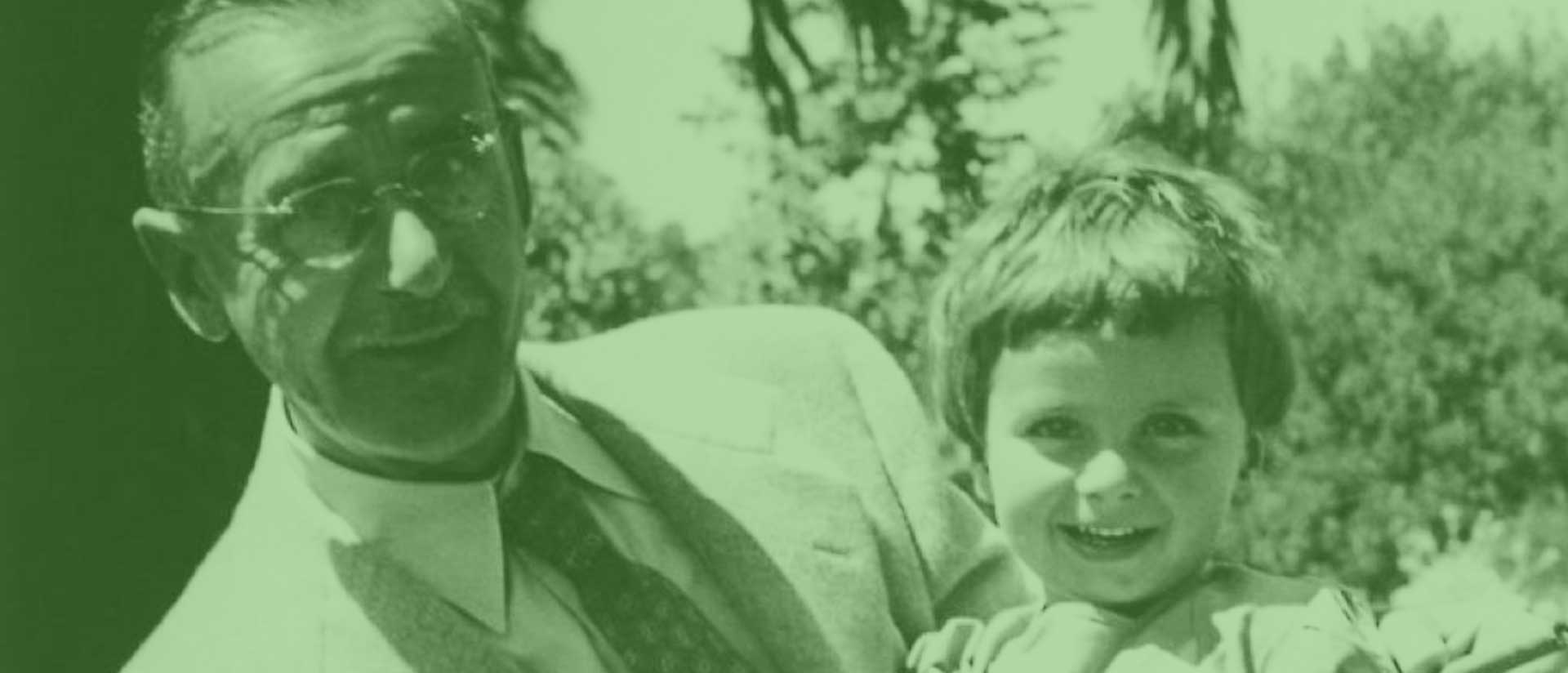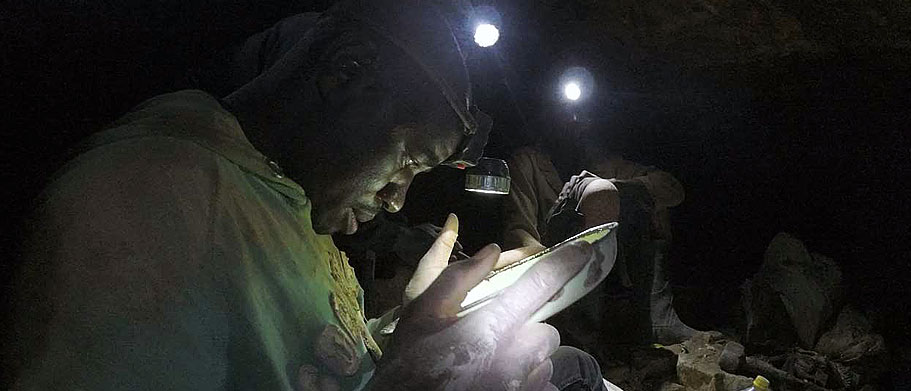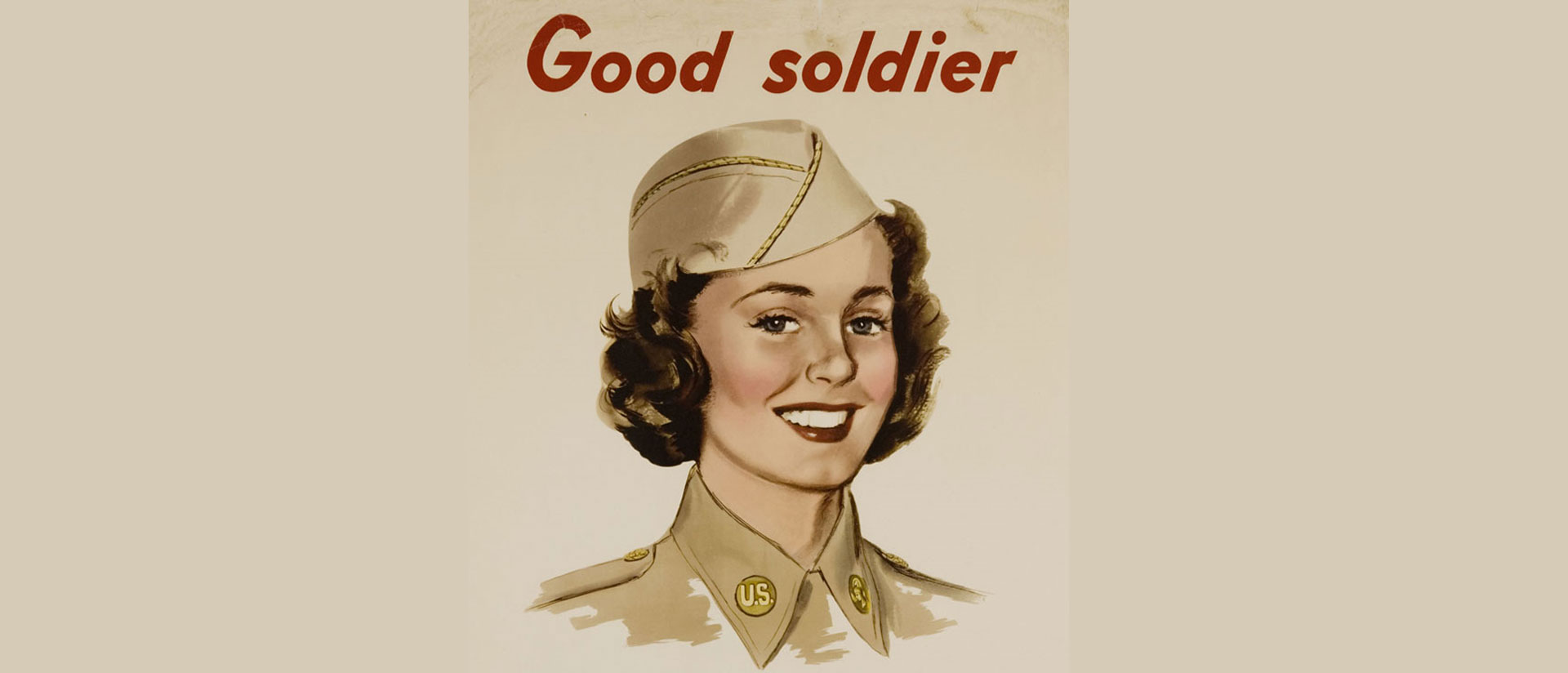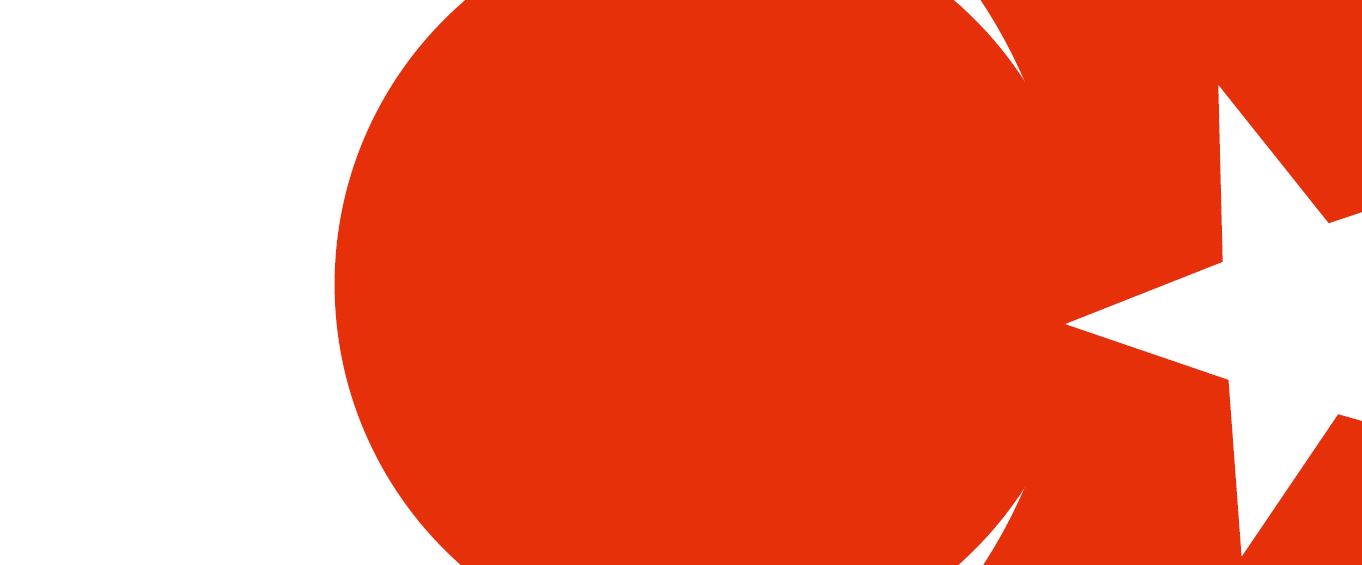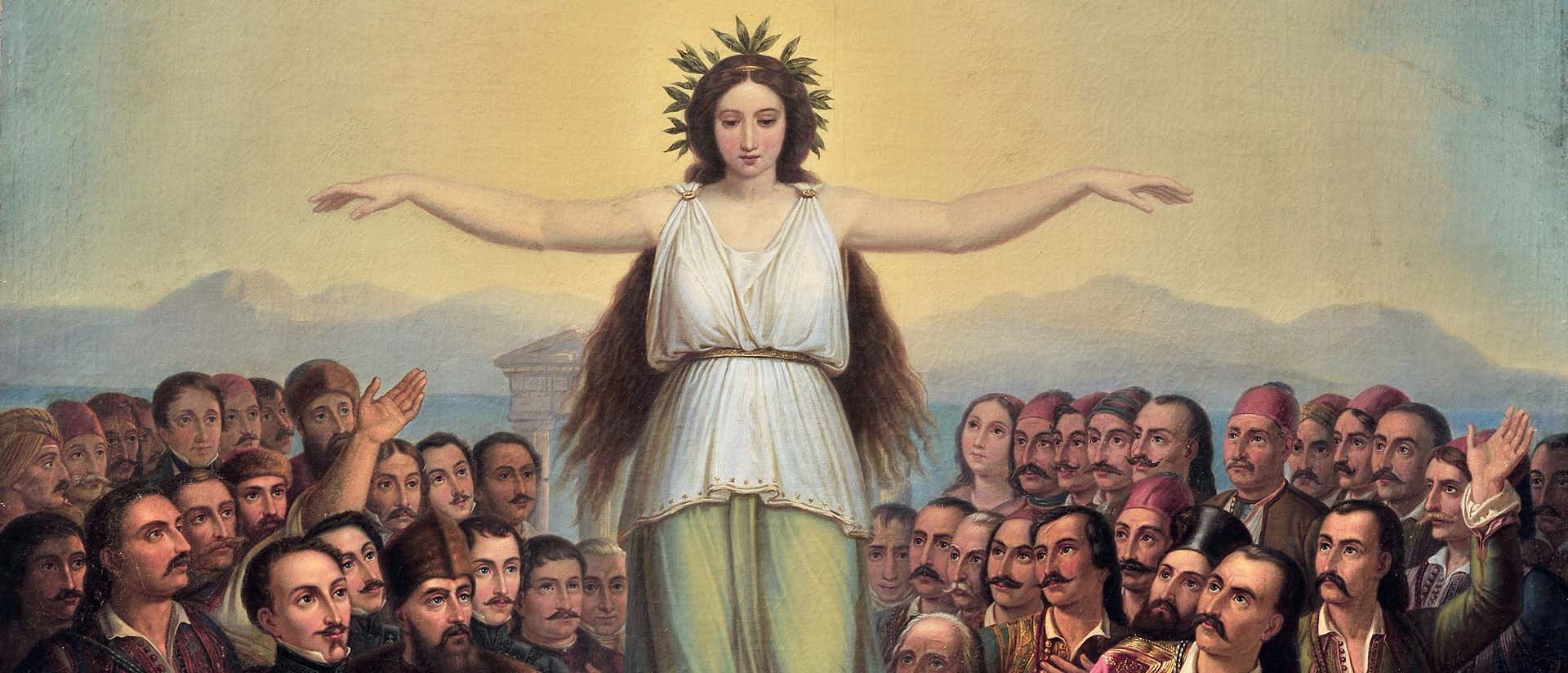
We Want You
Conscription and the law in Russia’s war of aggression
by Saira Mohamed
The war in Ukraine as unleashed an unrelenting and staggering series of horrific acts: summary executions, systematic rape and deportation, bombings of hospitals and orphanages and kindergartens. The scope and cruelty of the destruction are shocking, even in the face of the bald act of aggression that initiated it. The victims of this war are, in the words of commentators, too many to count. What would it mean to count Russian soldiers as the war’s victims, too?
When aggression last spread horror across Europe, in the wake of the Second World War, the lawyers stepped in. They built a new world order, dedicated to preventing aggression and the brutality that accompanies it. They created new categories of acts that must not be perpetrated, whether by states or by individuals. They used international law and international institutions to imprison and execute the people who committed those acts.
Even if international law cannot prevent every instance of what we now call mass atrocity crimes, we in the international legal community take some solace in the fact that we have named these wrongs. They are not mere foreign or domestic policy; they are not standard operating procedure; they are not the necessary or justifiable acts of sovereign states. They are crimes against humanity and genocide and war crimes and aggression. If they can be named, they can be seen. If they can be named, they can be condemned. If they can be named, they can be punished. Seen in this light, the International Criminal Court’s announcement in March 2023 that an arrest warrant had been issued for Vladimir Putin carried with it some sense of vindication. Even if the Russian president would not be apprehended anytime soon, or perhaps ever, it meant something for at least some of his acts to be named as crimes.
But what about the wrongs not named? What about the acts we accept as perhaps tragic and awful but merely “the way of war”? What should we make of the fact that the law has no name for the individuals forced to fight for Russia, forced to leave their families, forced to die for this war of aggression?
These individuals have a name for their treatment, even if the law doesn’t: cannon fodder. In a video from fall 2022, a Russian conscript in the northeast of the country yells, “We are cannon fodder!” at a local official who is trying to deliver a speech in which he reassures the group of men in front of him that they are trained soldiers, not sacrificial lambs. The soldier points his finger at the official, and his voice shakes. He has just had to say goodbye to his family. In another (as of this writing unauthenticated) video during what appeared to be an armed rebellion launched by Wagner Group head Yevgeny Prigozhin, on June 24, a member of the Russian Airborne Forces is declaring his new allegiance to Prigozhin. Dressed in fatigues, the person has a blurred face and a distorted voice. The yellow subtitles at the bottom of the screen announce his pledge to himself and his brothers in arms: he “won’t let them make cannon fodder from us.”
In a video from fall 2022, a Russian conscript in the northeast of the country yells, “We are cannon fodder!” at a local official who is trying to deliver a speech in which he reassures the group of men in front of him that they are trained soldiers, not sacrificial lambs.
It is not only the soldiers who see themselves as cannon fodder. Journalists, too, have been reporting for months that Russian conscripts are being sacrificed, thrown into combat without proper training or equipment, sent to die in order to prosecute the Russian war of aggression and attrition. But the law—one of our most foundational institutions for defining what is right and what is wrong, what is permissible and what is impermissible— continues to see this as unremarkable, or even acceptable.
Russia has a longstanding system of conscription, through which individuals undergo military training in case of a mobilization. At the beginning of the war, Putin claimed that only professional soldiers and officers were fighting, but within weeks, public reports that conscripts were being deployed forced the government to acknowledge that conscripts were indeed fighting—though Moscow insisted that those deployments were a violation of official orders to exclude conscripts from the so-called “special military operation” in Ukraine. A year into the war, however, Russia was relying heavily on conscripts. After having lost an estimated 200,000 troops to death or injury, and low on stocks of weapons, Russia began what it called a “partial mobilization” of 300,000 in September 2022, when it announced that any individual who had gone through military training would be required to serve in the war. The government then amped up its turn to conscripts, while it instituted a new system of electronic notification for conscription and an immediate ban on draftees leaving the country. Today, if a person fails to show up at the recruitment office, even if they simply missed the notification, they may be prohibited from opening a bank account or getting a driver’s license. And if they refuse to serve, they face a possible prison sentence of up to ten years.
It is clear that many Russians do not want to fight in this war. It is not only the soldiers facing imminent death who are protesting their annihilation for the purpose of aggression. After Putin’s “partial mobilization” decree, hundreds of thousands of Russians tried to flee the country to avoid the draft; others aimed to evade conscription while remaining in the country. Through their voices and their feet, they refuse to be sacrificed.
There is no question that under international law the war itself is a crime— an act of aggression perpetrated by Russia in order to conquer another sovereign state. But there is no language to describe what Russia and its leaders are doing to the individuals they are forcing to prosecute this war. We have a language and a legal framework to describe the civilians who are being killed, tortured, raped, displaced, kidnapped. We have a language and a legal framework to describe the horrors perpetrated against the adversary combatants—the illegal executions and acts of torture and other abuses of soldiers. But conscripting hundreds of thousands of people to fight a war of aggression remains in a legal fog. Courts at the end of World War II held that military conscription was evidence of the crime of aggression, but they did not see the conscription as a wrong in itself.
Indeed, international law treats conscription of adult citizens as a right of sovereign states, seeing it as indispensable to the preservation of the state itself. In his foundational treatise, The Law of Nations, the eighteenth-century jurist Emmerich de Vattel argued that “[a] nation is under an obligation to preserve itself,” and that every citizen is bound to serve the state, including through military service, if the state demands it. International law situates the state as the central constituent unit of conduct: international law is made by states and for states; state survival is sine qua non. Even international human rights law, born of the postwar recognition that states should not be free to abuse their own people with impunity, treats the state as the structure through which individual rights are provided. And so, even today, even when states are undoubtedly prohibited from initiating an aggressive war, they remain free to conscript individuals for military service in it.
Even when states are undoubtedly prohibited from initiating an aggressive war, they remain free to conscript individuals for military service in it.
To be sure, international law does impose some limitations on states’ authority to conscript: individuals have a right of conscientious objection; children may not be pressed into military service; occupying powers may not force persons living in occupied territories to fight in their armed forces. Outside of these exceptional circumstances, forced military service remains permissible.
Some observers may say this is sensible policy. The law must enable the state to protect itself against domination and demise, especially in an era that recognizes sovereignty as a responsibility toward the people, and that recognizes the state as the protector of individuals. Beyond that, supporters of conscription point out that universal military service instills patriotism and a shared sense of duty. For some, conscription preserves goodwill in the state and is inherently fairer than a volunteer service. Better to rely on the entire populace for military service than to leave it to the “pitiful rascals,” as Shakespeare’s Prince Hal describes the ragtag army that Falstaff assembles—only to be outdone in his insult by Falstaff ’s quick retort that the men are “good enough to toss; / food for powder,”—the first literary invocation of what came to be known as cannon fodder.
These arguments may fit a state defending itself against aggression, but not a state that is perpetrating a crime in prosecuting a war. The state pursuing conscription to feed the belly of aggression has already broken its promise to preserve itself, for it is sustaining only a mutation of the state, one that operates to victimize rather than to protect. An aggressor state is by definition not fulfilling its contract to its people, and so the people have no obligation to reciprocate in their duty to the state.
Not only do the people have no obligation to fight for the state; they also ought to have an affirmative protection against fighting for the state. When a state forces individuals to take up arms in a war of aggression, it is forcing them into the position of leaving their families, suffering mental and physical injuries, suffering death, or committing acts that inflict physical or mental injuries and death upon others—all in the name of an act the entire world order has declared atrocious. This is an abuse in itself.
The Fourth Geneva Convention prohibits an occupying power from forcing a person to serve in its armed forces. This is an absolute rule, and it is defined as a grave breach—the most serious category of violation of the Geneva Conventions. The rationale for this rule is that forcing an individual to serve a hostile state might undermine their allegiance to their own state, or be “offensive to their patriotic feelings,” in the words of Jean Pictet’s 1958 Commentary to the Conventions. If we view the aggressive state as the mutated version of its original self, we can extend the rationale of this prohibition to conscription of the aggressive state’s citizens, too. An individual must not be compelled to serve the hostile doppelgänger of their state, must not be forced to participate in its perverse and bloody goals, must not be forced to become an instrument of its destruction.
It might be jarring to juxtapose the wrong of conscription alongside the others, to imagine the victims of this war as not only the civilians who have been brutalized and the Ukrainian soldiers forced to defend their country, but also the Russian soldiers forced to fight. But whatever discomfort that attends the naming of the wrong of conscription for aggression might stem more than anything from the tendencies— which are nourished by our laws and institutions—to conflate the soldier and the state they serve; to require a purity test for victimhood; and to accept a world in which states— even aggressor states—are allowed to treat their soldiers as dispensable resources rather than as people.
Shall we imagine what it could mean to describe conscription in Russia as a violation of human rights law? A recognition under international law that Russia may not permissibly conscript individuals to fight in a war of aggression will likely not change Russia’s stance toward conscription. Just as it has flouted the laws prohibiting mass atrocity, it would flout these laws, too.
Shall we imagine what it could mean to describe conscription in Russia as a violation of human rights law?
Still, to recognize that conscription is impermissible in wars of aggression would give a name to the treatment that Russian conscripts are experiencing. It would announce as legally and morally wrong for a state to force individuals to leave their homes and sacrifice their lives in order to support their government in an international crime. And it would chip away at the idea that once a person becomes a soldier, they lose their humanity, they sacrifice their right to be protected against an abusive state, and they can no longer count on an international community to even name that abuse.
The law both shapes and takes shape from a community’s perception of right and wrong. And even as the bodies of human rights law, the law of war, and international criminal law have developed in the postwar years to shape understandings of what is permissible and impermissible in war, these bodies have continued to tolerate the idea that states retain certain privileges in war-making— and that the warriors fighting for the state are at the mercy of that state. By expanding our vision of the vast horrors of this war, we might ultimately change how we think about the state’s freedom to turn its citizens into instruments of criminal acts.
This article was published in the Berlin Journal 37 (2023-24).
Image: Jason Leung. Courtesy Unsplash


